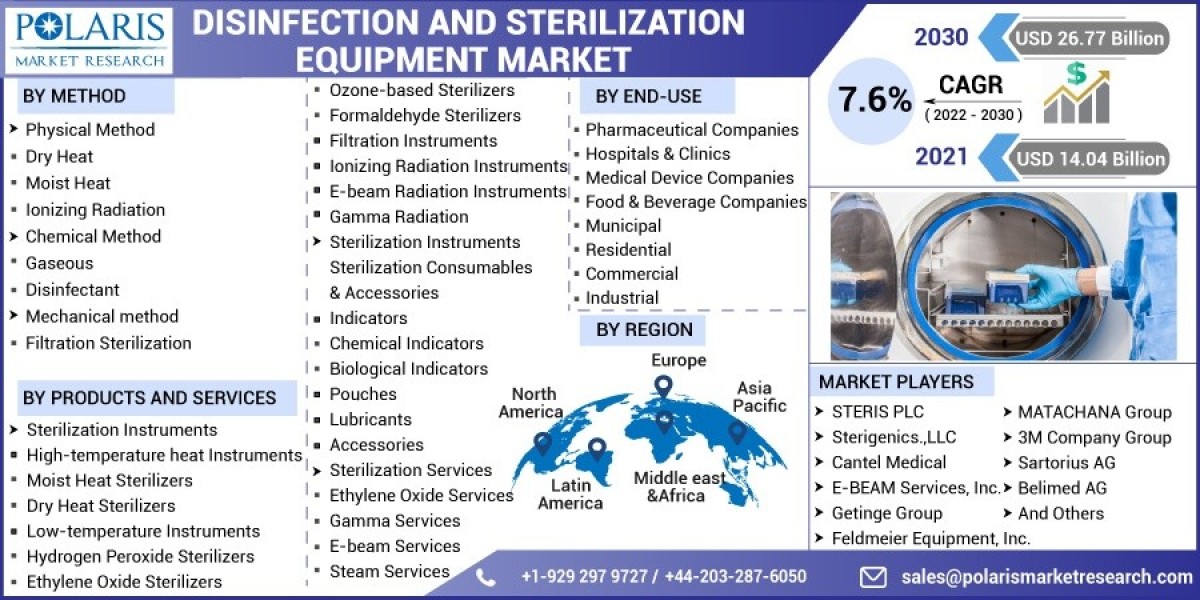The postpartum period is a time marked by a range of emotions, from the overwhelming joy of new motherhood to the unexpected challenges that can arise. For some women, this time may be accompanied by intense and overwhelming emotions, including postpartum rage. Postpartum rage is a phenomenon characterized by intense and sudden bursts of anger or frustration that can be distressing for both the mother and those around her. This article explores the complexities of postpartum rage and sheds light on the transformative power of postpartum rage counseling in navigating emotional turbulence and promoting healing.
Understanding Postpartum Rage:
Postpartum rage is a manifestation of intense anger or frustration that can occur in the postpartum period. Unlike typical feelings of irritability or mood swings, postpartum rage involves sudden and intense outbursts that may be disproportionate to the situation. It can leave mothers feeling guilt-ridden and confused about the source of these powerful emotions.
1. Triggers for Postpartum Rage:
Postpartum rage can be triggered by a variety of factors, including sleep deprivation, hormonal fluctuations, feelings of overwhelm, and the challenges of adjusting to new motherhood. These triggers contribute to the emotional turbulence experienced by some mothers.
2. Impact on Mother-Infant Bonding:
The intense emotions associated with postpartum rage can have an impact on the mother-infant bonding process. Mothers may feel a sense of guilt and inadequacy, and infants may be affected by the emotional energy in the environment.
3. Isolation and Stigma:
Women experiencing postpartum rage often feel isolated and stigmatized. The societal expectation of constant joy during the postpartum period can exacerbate feelings of shame and prevent mothers from seeking help.
The Power of Postpartum Rage Counseling:
1. Creating a Safe and Non-Judgmental Space:
Postpartum rage counseling begins with creating a safe and non-judgmental space for mothers to express their emotions openly. Counselors provide a supportive environment where mothers can share their struggles without fear of condemnation.
2. Assessment and Understanding Triggers:
Counselors conduct a thorough assessment to understand the individual triggers for postpartum rage. Identifying the root causes enables counselors to tailor the counseling approach to address the specific challenges faced by each mother.
3. Validation of Emotions:
Postpartum rage counseling validates the emotions experienced by mothers. The acknowledgment that postpartum rage is a real and challenging aspect of motherhood helps reduce feelings of isolation and fosters self-compassion.
4. Developing Coping Strategies:
The transformative power of postpartum rage counseling lies in the development of effective coping strategies. Counselors work with mothers to identify healthy ways of managing and expressing anger, providing practical tools for navigating emotional turbulence.
5. Communication and Relationship Building:
Postpartum rage counseling extends beyond individual support to include communication strategies that strengthen relationships. Counselors guide mothers in expressing their emotions constructively and fostering healthy communication within the family unit.
6. Exploring Underlying Issues:
Postpartum rage counseling delves into any underlying issues contributing to intense emotions. This may include addressing past traumas, exploring adjustment difficulties, and working towards a holistic understanding of the emotional landscape.
7. Cognitive-Behavioral Techniques:
Cognitive-behavioral techniques are employed to help mothers reframe negative thought patterns and develop healthier responses to stressors. This evidence-based approach equips mothers with cognitive tools to manage emotional turbulence.
8. Empowering Mothers for Self-Care:
Postpartum rage counseling empowers mothers to prioritize self-care. This includes strategies for adequate rest, stress reduction, and fostering a support network to share the demands of motherhood.
Case Study: Emily's Journey to Emotional Healing:
Consider the hypothetical case of Emily, a new mother struggling with postpartum rage. Through postpartum rage counseling, Emily worked with a counselor to identify triggers, develop coping strategies, and explore underlying emotional challenges. The counseling process empowered Emily to navigate emotional turbulence, fostering healing and a renewed sense of self-confidence in her role as a mother.
Conclusion:
Navigating emotional turbulence, especially in the form of postpartum rage, requires a compassionate and therapeutic approach. Postpartum rage counseling stands as a powerful tool in providing mothers with the support, understanding, and coping strategies needed to navigate these intense emotions. By creating a safe space, validating emotions, and empowering mothers with practical tools, counseling becomes a transformative force in promoting healing and fostering a positive postpartum experience. In acknowledging the complexity of postpartum emotions and seeking the guidance of postpartum rage counseling, mothers can reclaim emotional well-being, strengthen family bonds, and embark on a journey of self-discovery and healing.








